Send Silence Packing: Behind the Backpacks Media Kit
Active Minds’ Send Silence Packing display has traveled the country for over a decade, reaching close to a million individuals, to end the silence that surrounds mental health and suicide and to connect visitors with resources for support and action. The next iteration, Behind the Backpacks, was created to complement the existing program and to bring the display to people safely in our new reality.
We each have a part to play in preventing suicide. By reporting responsibly on suicide, speaking out, and changing the conversation about mental health from one dominated by stigma and ignorance to one of support and understanding, we can save lives.
Featured Suicide Impact Stories
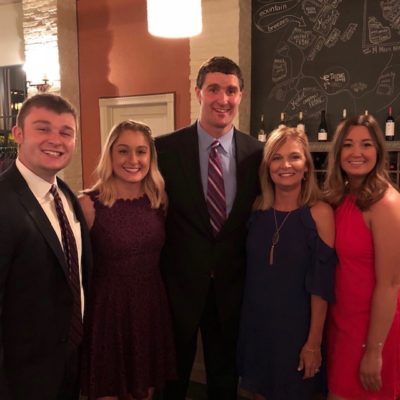
A Caring Brother and Son Who Could Make Anyone Laugh

Kyle Johnson
Kyle died by suicide on April 2, 2018. Most people who knew Kyle would describe him as a funny, kind, and genuine person who had great compassion for his family, friends, and strangers. Many people did not know, and in some cases were shocked to learn about, was that he struggled with mental illness for nearly ten years. Kyle often spoke about not only his own OCD, anxiety, and depression, but he also talked about the high volume of other teens and young adults in high schools and colleges who struggle with mental health challenges every day. In a final letter written by Kyle prior to his passing, he stressed the importance of raising awareness of mental illness and suicide. He encouraged others who struggled with mental illness to seek help and recover, never stop fighting the disease, and never feel ashamed for having to admit they need assistance. His family created the KyleCares Foundation in his memory and in recognition of his legacy of caring.

A First-Generation, Chinese American’s Story of Survival

Diana Chao
Diana, a young immigrant to the United States from China at the time of the recession, experiences bipolar disorder. Immigration, family/cultural stigma, and struggles with her identity between two cultures impacted her life at a pivotal time of growing up, including multiple suicide attempts.
She channels her experiences into advocacy through her award-winning photography and the establishment of her own nonprofit, Letters to Strangers. Diana’s message for others who want to help others who are struggling is that you don’t need to be a “knight in shining armor;” as a helper, it’s best to serve as a “supporting actor.”
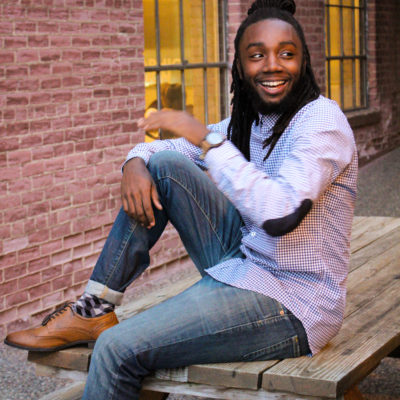
Coping With the Loss of a Loved One With a Supportive Community

Tre Moss
Leading up to his senior year of high school, Tre lost his ten year old sister due to an asthma attack. After she passed away, Tre blamed himself for her death and completely just isolated himself from his family and friends. Throughout high school, he was afraid to show who he was. He struggled with anxiety and felt like a burden to those in his life. He felt like he was not wanted around anyone and that he didn’t belong, at school, in his friend group, his house, in this world. Tre got help though and worked with a trusted therapist to unpack what he went through. Now Tre is a senior at the University of Dubuque with a major in Psychology and a minor in Sociology and is the president of his Active Minds Chapter. Tre is a dedicated mental health advocate and works to spread the message that it is okay to get help and that it’s okay to talk about your mental health.
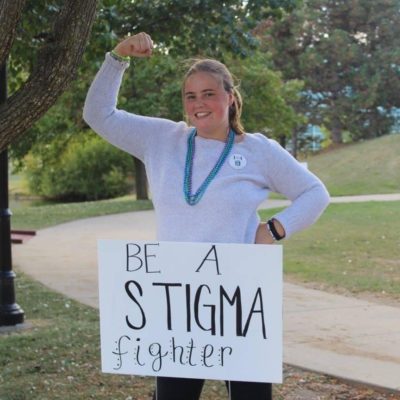
Suicide Attempt Survivor Becomes Avid Advocate Around Borderline Personality Disorder

Kelsey Pacetti
Both of Kelsey’s parents were drug abusers and her mother has been in prison for the majority of her life. At a young age, she had to start raising herself and be a leader and advocate for her own well-being. Kelsey has Borderline Personality Disorder, stemming from abandonment issues. She has taken her traumas and turned them into a success story. After struggling with her depression, anxiety, suicidal ideation, and diagnosis of Borderline Personality Disorder, she found hope and passion within Active Minds. Kelsey has been a part of Active Minds since her first year of college and she is now in her second year serving as president of her chapter.
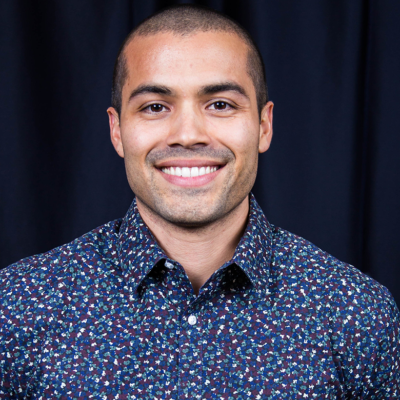
Recovering from Addiction and Attempted Suicide

Pablo Campos
Pablo Campos grew up angry and frustrated. He engaged in increasingly risky behaviors and polysubstance abuse, which led to an attempt to take his own life during his senior year of high school. Today, with a clear diagnosis and a treatment plan, Pablo has begun his road to recovery. He talks openly about how stigma, cultural norms, and a lack of education affected him and how through help seeking, education, and a strong support network he has grown from being his own worst enemy to a powerful participant in his recovery.
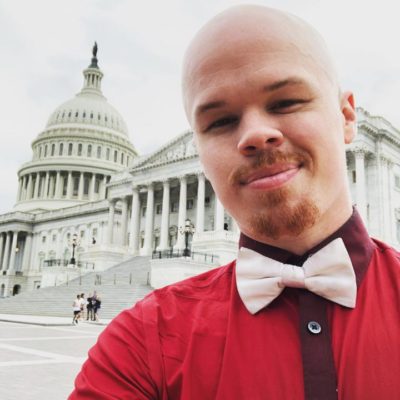
Surviving Conversion Therapy and Identity/Culture Clash

Sam Brinton
When Sam came out as bisexual, they were put through conversion therapy, a traumatic experience compounded by the fact that they were a missionary kid, which triggered mental health struggles for Sam. Sam’s mental health struggles compelled them to reach out to the Trevor Lifeline run by The Trevor Project, where Sam now works as vice president of advocacy and government affairs.
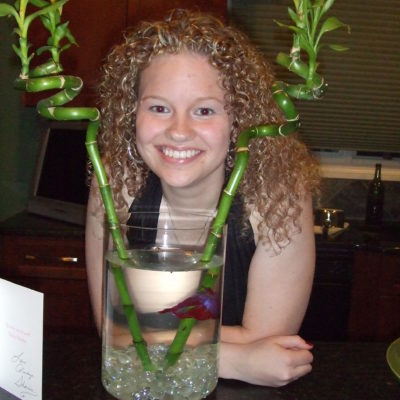
Her Backpack Travels the Country, Like She Had Always Wanted To

Katrina Tagget
Katrina was 21 years old and a student in her senior year at Michigan State University when she died by suicide. She was planning to pursue law school and a career in public administration. As she put it, “she wanted to defend the rights of the little guy.” She was outgoing, confident, passionate, and dedicated and was always there for her family and friends. Katrina was a gifted student, earning a 4.0 in her major. Her academic success was even more remarkable given she was dyslexic and ADHD. She mentored other students like her, but she herself struggled with depression and anxiety.
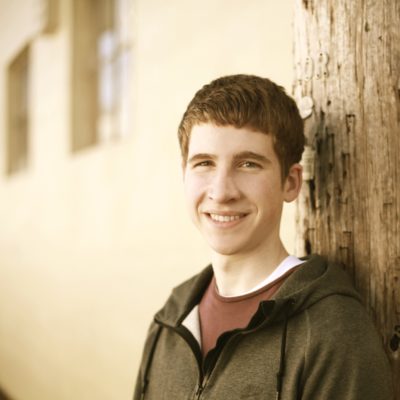
A "Perfect" Brother and Tender Soul

Sean Keefer
Sean passed away at 19 years old to suicide. His passing was as sudden as it was surprising. Sean was a quiet, compassionate, well-loved, brilliant young man attending an honors program for his freshman year in college. After Sean’s death, his family discovered that Sean became depressed and reached out to the counseling center at his university in the days leading up to his death. His parents were not informed of his dire condition due to university privacy laws. The university counseling center had the information because their son opened up to them for help, he did the right thing, but he didn’t know the seriousness of his disease and his increased vulnerability due to his age.


